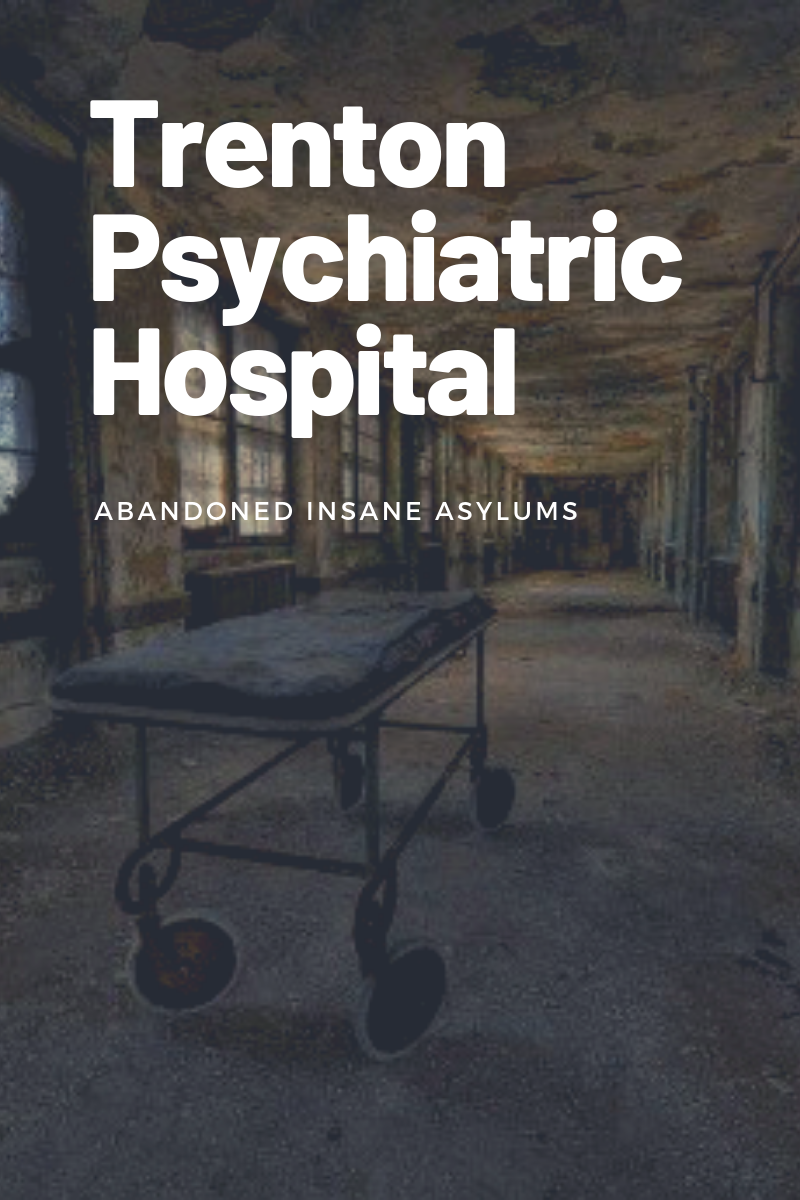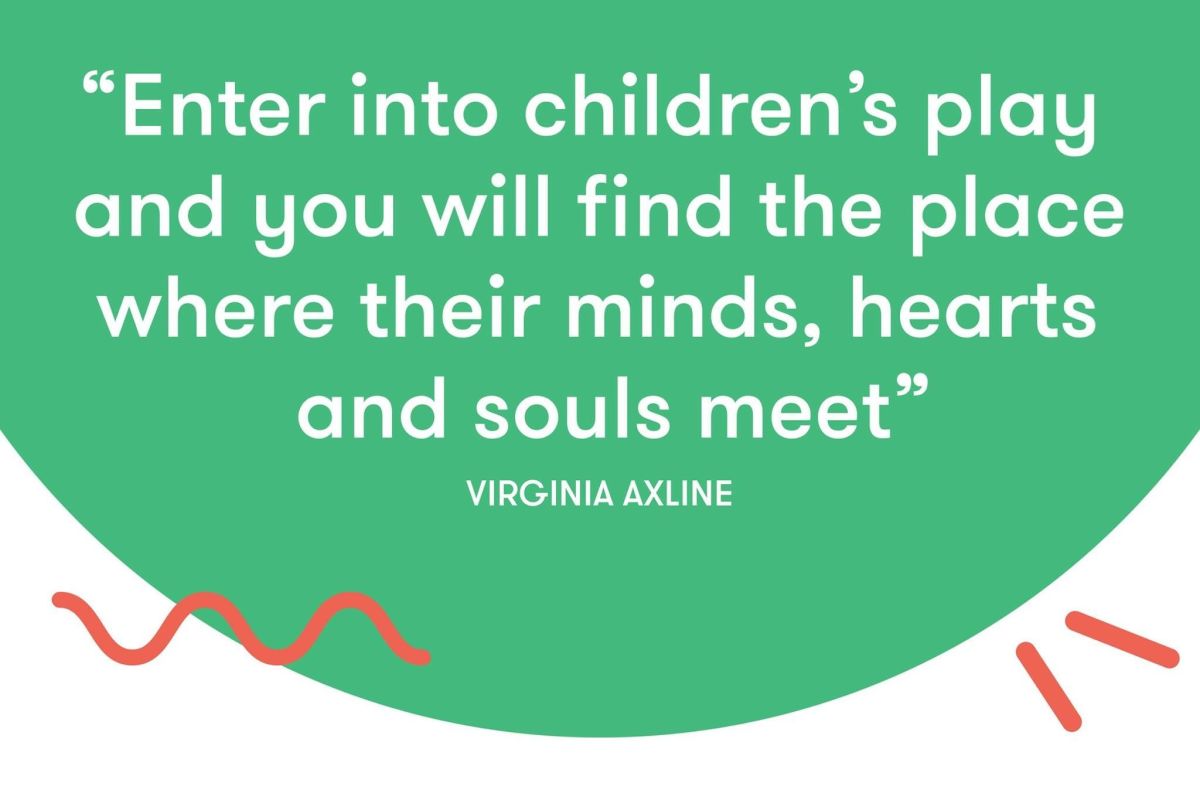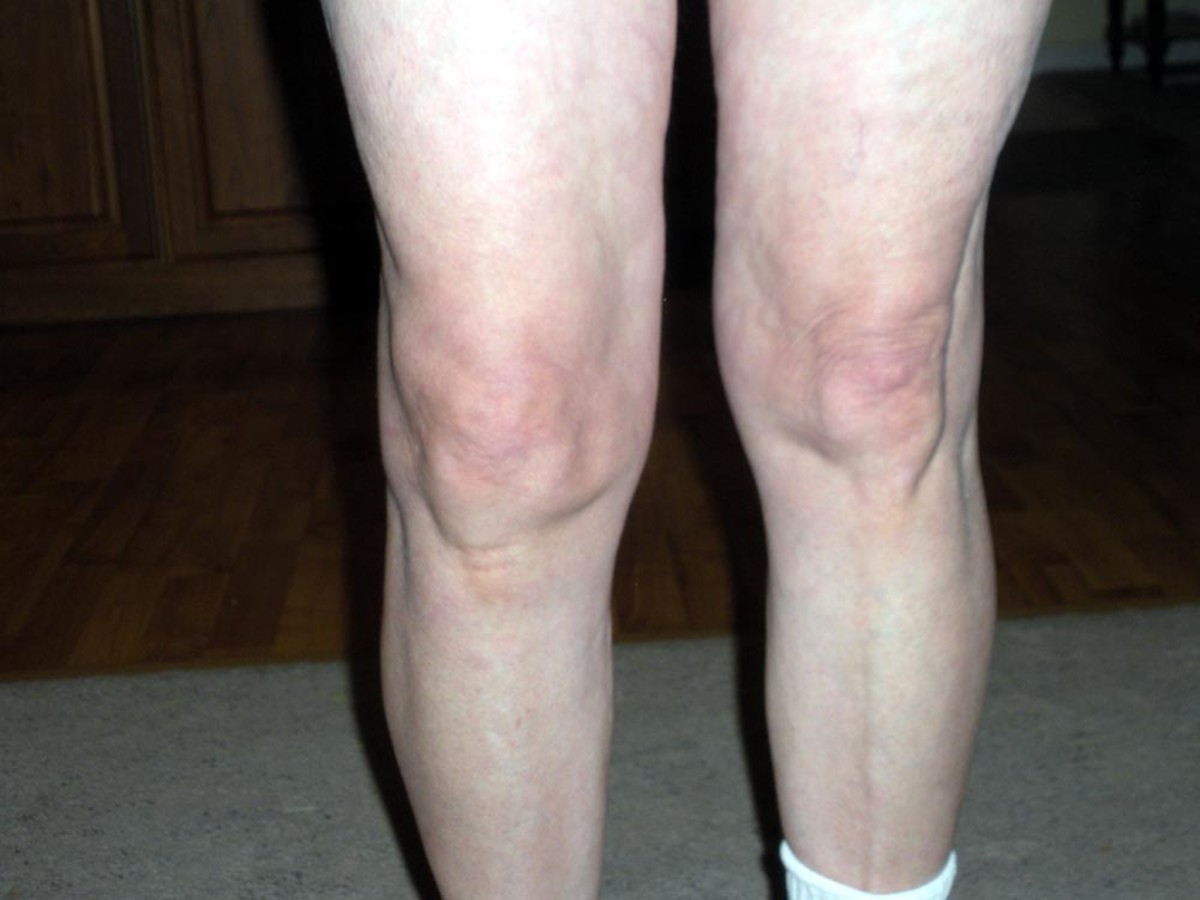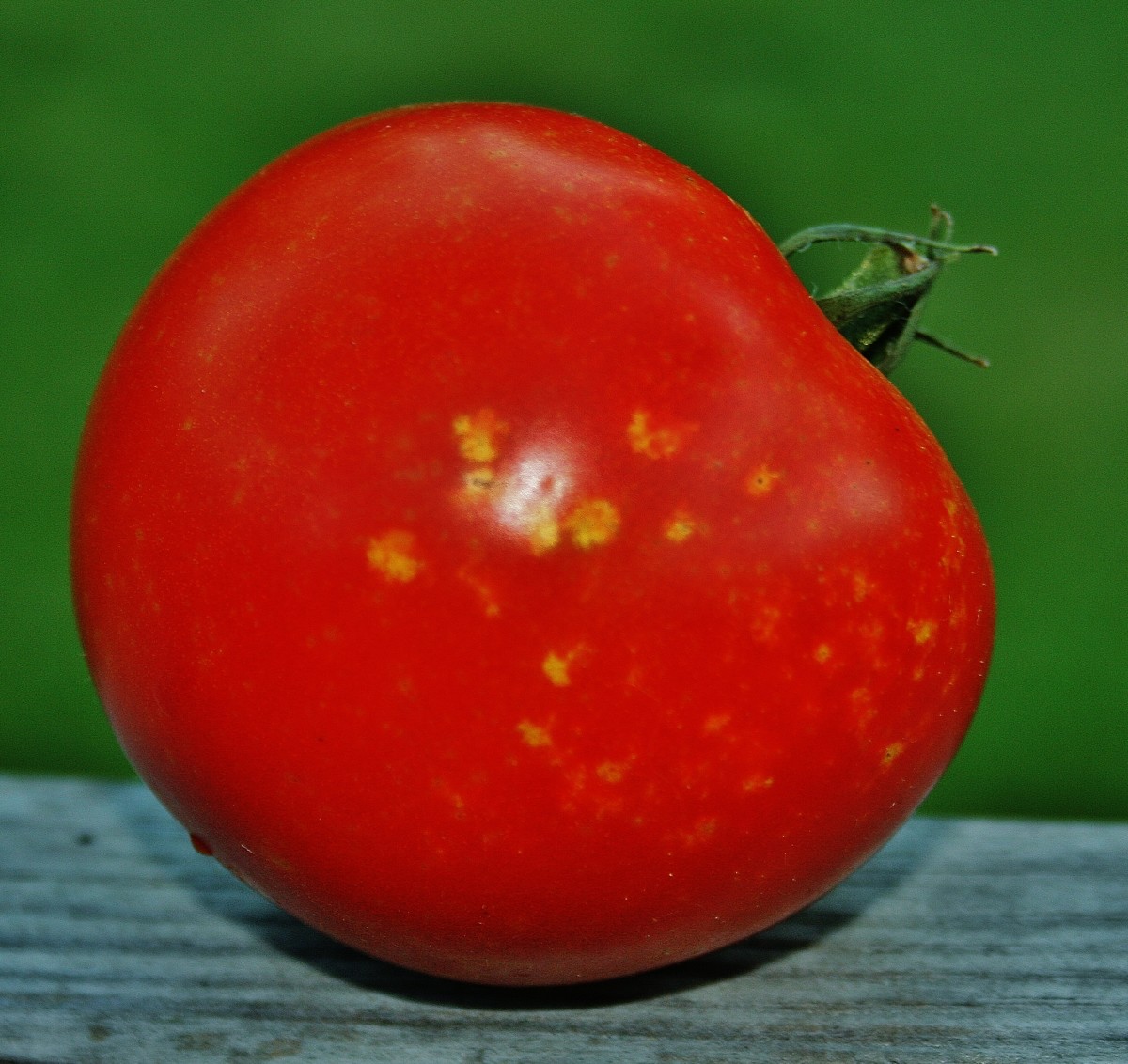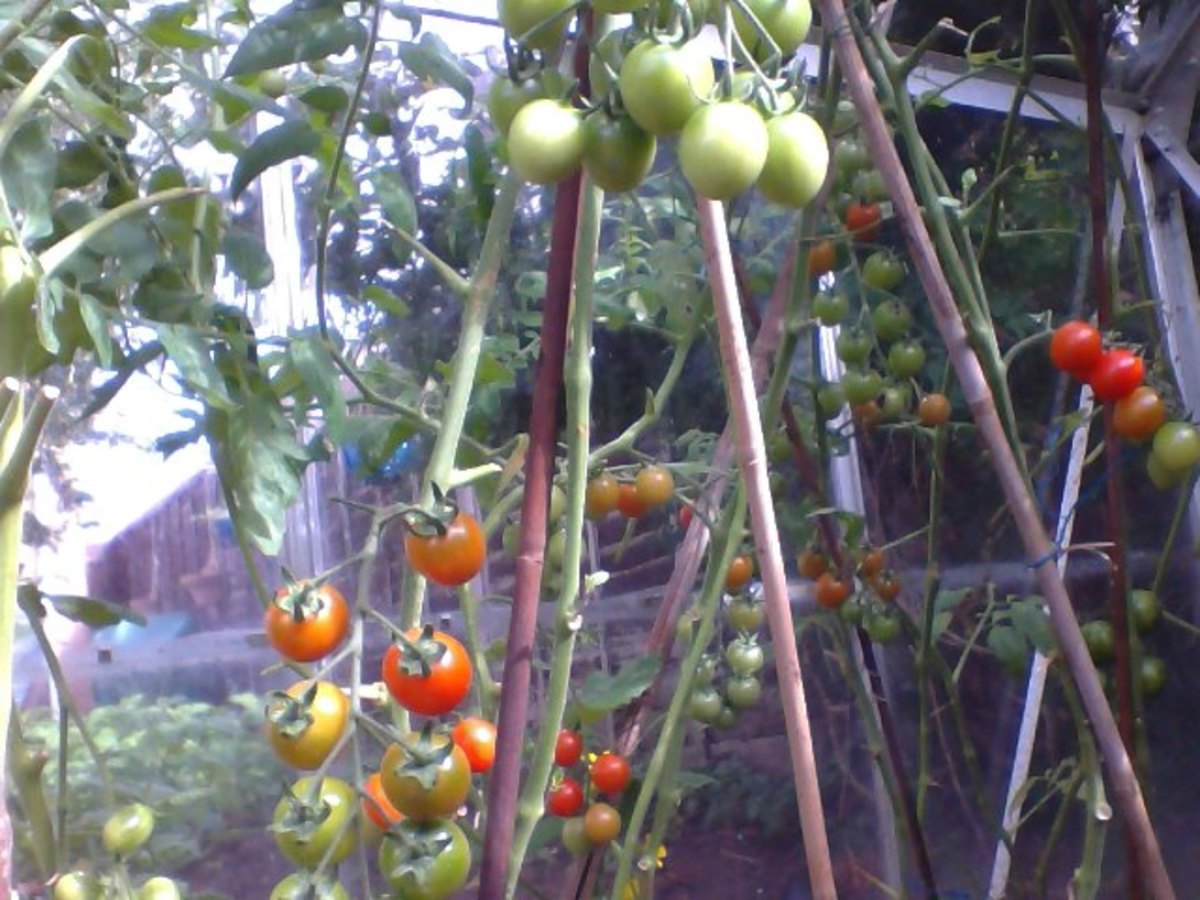Dealing with Depression the Natural Way

Dealing with Depression - Nature's Remedies
From Eden to the brink of the industrial revolution, nature has been our shelter, support and sustenance. James Watt and Henry Ford have turned a new leaf – a leaf of comfort, surplus and security. It seems though, that along with this leaf comes another – that of depression and low self-esteem.
The United States, Britain and other industrialized countries have treated numerous illnesses and extended the average life expectancy from 47 years in 1900 to almost 77 years in 1998 (Noymer, 2000). This is a tremendous achievement. Tainting this victory over sickness, is an illness of its own accord; depression. In 2005, over 560 million dollars were spent on antidepressants in England alone (Mind, 2007). WHO says (The World Health Organization), “By the year 2020, depression is projected to reach 2nd place of the ranking of [premature mortalities] calculated for all ages, both sexes” (2009), acknowledging that things are getting worse. Things will continue to snowball downhill until we make a change.
As of late, there has been a rising concern about this pandemic; people are scouring the charts for causes and cures. As our pharmaceutical attempts only go so far, we are forced to look outside the prescription of drugs. The rising green movement may have found the cause. This movement presents substantial evidence showing that the outburst of depression and low self-esteem (along with many physical illnesses following) is linked to our separation from the Genesis story. As we find ourselves more and more distanced from the 'garden' where God walked with Adam, we find that we are also cut off from purpose, peace and perspective – three things that are essential to man's well-being.
Along with finding the cause (or at least a major contributor) of increased depression, many in the green community believe that they have found the cure - ecotherapy. Ecotherapy is a term coined by Howard Clinebell (1996), who focused on our ecological spirituality. He believes that nature has different attributes that nurture mankind, nature also needs to be nurtured by mankind. The most simple definition of ecotherapy is this: “[It] is an integration of the fields of ecology and psychology” (Davis, K., & Atkins, S., 2004). The value of ecotherapy must not be overlooked.
Below, we will assess the following questions regarding ecotherapy::
Is ecotherapy an affective means of dealing with mental illness?
Is ecotherapy an affective means of dealing with physical illness?
Are there efficient and affective ways of applying ecotherapy?
Is ecotherapy an affective means
of dealing with mental illness?
Studies show that general practitioners across the industrialized world are struggling with the same question: How can I help my patients with mental illnesses – specifically depression? They are failing to find the right treatment for their patients: Their hands are forced into prescribing pills that they don't believe will be beneficial. One study conducted by Pulse reveals that 93% of general practitioners have admitted to prescribing antidepressants due to a lack of a better option. Clearly, drugs aren't cutting it; it is time we looked past pharmacy and examined psychology (Mind, 2007).
Currently the most common methods of dealing with mental illnesses and depression are prescriptions and therapy. Both of these are very important and should not be seen as ineffective, but we also must not look at them as all-inclusive. New studies have shown that there is good news just a walk in the park away.
The early 1900's was the pinnacle of whitewashed therapy - especially with the severely handicapped. We see a clear (likely dramatized, but eye-opening nevertheless) view of this impersonal care of the mentally-ill in Ken Kesey's book, One Flew Over the Cuckoo's Nest. It was in this time that some therapists stumbled upon an interesting phenomenon: An average psychiatric ward was upset by an infiltration of tuberculosis: In response, the doctors moved their patients outdoors and housed them in tents. During this time the patient's mental condition improved noticeably – only to relapse quickly after being moved back indoors. This started a series of testing on the benefits of mentally-ill patients living outdoors (Jordan, 2009). In the long run, it was this accidental discovery that has led to new thinking on dealing with mental illness and dealing with depression.
A study that Mind (2007) conducted in cooperation with Essex University clearly shows the soothing effects of nature on those who are mentally fatigued or ill. They had patients go on a walk in one of two areas; either in Belhus Woods Country Park or in a shopping complex. Immediately before and after these walks they assessed these patients and found some very interesting statistics: ninety percent of those who walked in the Park experienced increased self-esteem while forty-four percent of those in the shopping complex found that their self-esteem had decreased. Seventy-one percent of those on the nature walk found that their depression had decreased where only forty-five percent of those in the shopping complex experienced lower levels of depression. On the nature walk, seventy-one percent of the patients were less tense after the walk and fifty-three percent had more energy afterwards where fifty percent of those in the shopping complex were more tense. In conclusion, eighty-eight percent of those on the nature walk were in a better mood afterwards where only forty-four point five percent were in a better mood after walking through the shopping complex – the same percentage as those who found their mood worsened. This one simple study exemplifies what has been found on a broader scale concerning the affects of nature on our mental well-being.
Last year, my dad was working on his dissertation. He had taken a week off of work and spent the week at a beach cottage on the Oregon Coast. My mother and I received a call half way through the week and my dad told us that his body ached “as if someone had beat [his] whole body with a baseball bat”. My dad was not a complaining man and it was clear that something was wrong. We picked him up from the coast and through a series of events we found ourselves at the Salem Hospital. He was let home a week later only to be rushed to OHSU (Oregon Health & Science University) in Portland. My father, whom I love deeply, was in the ICU for fifty-five days and should have died on four different occasions. These days were days of sedation, hallucinations, fear and pain for my father. He was in the hospital through his birthday, my brother's birthday, thanksgiving and he was sent back to the Salem Hospital on Christmas eve. Christmas was celebrated late and was spent in the hospital. Needless to say, these things had quite the effect on my family. Although it brought us together in vulnerability, we were also weak and weary. I found myself in a state of relative depression. I was hurting, but I was numb, I was angry and confused: My heart was lost.
My dad and I used to garden together. The garden was situated near our small orchard and blue-berry patch. We spent hours digging, tilling, planting and laughing. This was the place where we were intimate – where I was able to confide in him and ask him the questions my heart was pondering. This year, though, my dad was too sick to garden – at first I didn't think I would take up this endeavor on my own. I had too much to take care of and I didn't need to go through the memories of 'last year'. Over time I decided to garden in honor of my papa. It was one of the best things I have ever done. The release of stress that came through tilling up the earth, the unity I experienced as the fertile soil tickled my toes and caught in my fingernails, the excitement and curiosity as I waited for the seeds to sprout, the awe instilled within as I tenderly cared for new life, the purpose I felt as buds became blossoms, and the pride with which I presented the fruit of my labor to my dad – each of these were essential to my mental well being – each of these kept me sane, brought me joy and rose me out of my depression.
Ecotherapy and being one with nature is essential to alleviating stress, increasing self-esteem, providing purpose and inspiring awe. These are lost aspects of our culture - the ingredients of a healthy mind.
Is ecotherapy an affective means
of dealing with physical illness?
The effects of nature on the body is much more shocking than its effects on the mind. Each of us understand the emotional and spiritual affects when we play with a puppy or when our breath is taken away by the sight of a mighty mountain or a great waterfall. The effects nature has on our body is often less obvious but equally as important.
Forgive me for elaborating on my father's story, but in this story we find yet another example of the healing powers of nature. My father spent week after week in rooms that were all too similar; clean and white with an observation window and a sliding glass door – each of these had blue curtains for privacy and the patients lie with their backs to the window. My father was plagued with hallucinations and was often struck with fear as the nurses mixed homemade concoctions to put in his IV, or as killer fish swam out from behind the curtains to attack him in his weakness. The only true freedom from this was when he was able to sit up (which he was too weak to do for any extended period of time – something we take for granted) and look out the twelfth story window upon a beautiful view of an Oregon sunset falling below the tree-line. More than the clear mental relief that came in these moments, my father was encouraged to sit up longer than comfortable to continue looking out of this window – escaping from reality. His countenance was much brighter after these sessions and he seemed to have more energy to cooperate with the physical therapists.
Studies since the eighties have revealed some very interesting affects that nature has on mankind. Studies show that the exercise that comes with gardening postpones the onset of Alzheimer's disease (Mind, 2007). In a prison in Michigan, Moore (1981) conducted a study which compared the health of prisoners who had a window facing the prison yard compared to those who could look out on sunsets and rolling fields. Surprisingly the study showed that those with a view of nature had twenty-four percent less visits to the sick ward than those who looked at the prison yard. There is clearly a correlation between nature and our physical health as well as our mental well-being.
Is ecotherapy Applicable?
Are there efficient and Affective Uses of ecotherapy?
For many years, ecotherapy and other such proposals have been dismissed due to a lack of evidence and inadequate proposals of application. All of this has changed in recent years – we have found that getting back to our 'roots' is a viable form of therapy and are on the move to applying this information.
Recently, ecotherapy has found its way into many different venues. Hospitals are making it a point to allow their patients access to nature. OHSU has many patio-gardens throughout the complex: Doernbecher's (OHSU's Children's Hospital) has multiple outdoor play areas that have integrated nature with children's toys. These are useful tools for both patient's mental and physical well-being. Other places, such as courthouses and business headquarters, are incorporating gardens and nature access into their blueprints.
Another new wave is the 'Green gym'. This is a new movement headed by BCTV (The British Trust for Conservation Volunteers) which believes that people who exercise outside and who do activities that improve the environment will be more likely to exercise longer and be happier (Larkin, 2000).
Just before the uprise of ecotherapy, was another movement called Adventure Therapy. Many Adventure Therapists claimed great success by challenging their patients and giving them a sense of purpose. Beringer (2004) argues that, although a challenging atmosphere may be one reason for the success of Adventure Therapy, these therapists must give a proper amount of credit to ecotherapy within their system. It seems that adventure therapy has utilized many aspects of ecotherapy before its time.
Along with these adaptations to nature-therapy, are some more formal methods of ecotherapy. One of the most prominent of these is 'Green Care Farming'. Care farming is used widely in parts of Europe where there are at least several hundred care farms. This form of therapy allows doctors and therapists the option of referring patients to care farms – average locally owned farms that are paid for their assistance in mental health – the patients who go to these farms perform simple tasks such as weeding or harvesting. Mind says that this cooperation between farmers, doctors and patients could “help rural regeneration, build the skills base and self-esteem of participants, and break down the stigma surrounding mental health problems in some rural communities” (Mind, 2007). Care farming and other applications of ecotherapy are a source of encouragement for those who hope to see an increased appreciation for nature and its affect on mental and physical well-being.
It has become apparent to us that pharmacy and whitewashed therapy is not enough to combat the onset of mental illnesses. We now look forward, in hope, to the power of the Creator that lies within creation. The more psychologists look into this power, the more impressed they are. A study within a psychiatric hospital looked at vandalism of paintings over a fifteen year span. It was discovered that, although abstract art was vandalized, there was no damage done to a single piece of artwork that captured natures beauties (Mind, 2007).
It is clear that man's reverence for nature holds great sway over us. The green movement hopes to reveal this innate power that nature has and to utilize it for the good of man-kind.
Works Cited
Beringer, A. (2004). Toward an Ecological Paradigm in Adventure Programming. Journal of Experiential Education, 27(1), 51-66.
Clinebell, H. J. (1996). Ecotherapy. Minneapolis, MN: Fortress Press.
Davis, K., & Atkins, S. (2004). Creating and Teaching a Course in Ecotherapy: We Went to the Woods. Journal of Humanistic Counseling, Education & Development, 211-218.
Garenne, M., Noymer, A. (2000). Life expectancy in the USA, males and females, 1900-98. Population and Development Review 26(3):565–581.
Jordan, M. (2009). Back to nature. Therapy Today, 20(3), 26-28.
Larkin, M. (2000). How green is your workout?. Lancet, 355, 1702.
Mind, . (2007, May). Ecotherapy: the green agenda for mental health. Mind - For Better Mental Health, Retrieved from www.mind.org.uk/mindweek
Moore E. O. (1981), ‘A prison environment’s effect on health care service demands’, Journal of Environmental Systems 11: 17–34
WHO. (2009). Depression. Retrieved from http://www.who.int/

